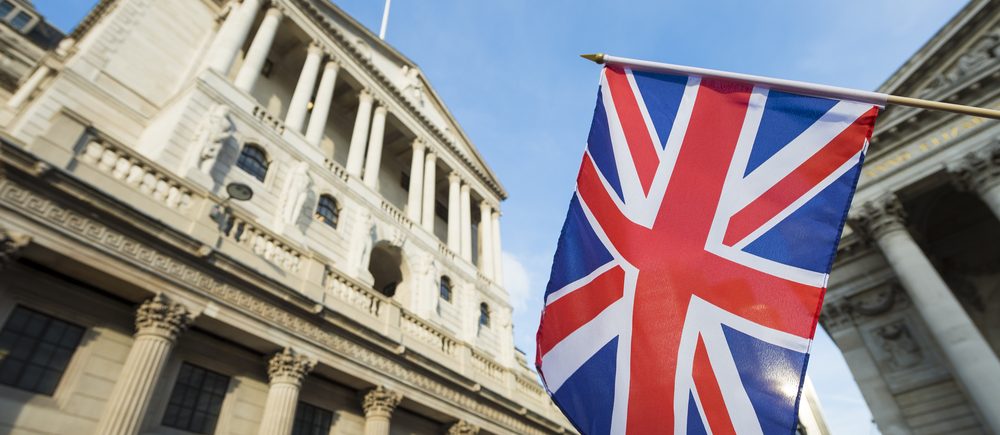Inflation in the U. K. could become out of control, pushing workers to demand higher wages to protect their living standards. Any spiral of higher wages could, in turn, lead to higher inflation, which ignites concerns of all central banks.
There exists also a growing sense among some policymakers that the pandemic emergency is over, so most commentators believe that the emergency measures cut in interest rates from 0.75% in March 2020 should be revised.
The Bank of England’s monetary policy committee (MPC) has the task of keeping inflation at 2% over the medium term, this could mean the next 2 to 3 years and more persistent price rises should be addressed.
Why is inflation at higher levels?
Shortage has become a key word in the context of raw materials, manufactured components and skilled staff in some industries. Accordingly, shortages have pushed up prices. From a rate of almost zero at the beginning of 2021, the consumer prices index has risen to 3.2%, before falling back in September to 3.1%. The BoE’s chief economist, H. Pill, believes it is heading to 5% over the next few months. Until now the MPC has considered these trends to be transitory. It is possible the MPC has changed its opinion and now thinks inflation would last longer.
Is COVID-19 emergency over?
10 Downing Street believes the emergency is over, this is why the absence scheme has ended. But there are still applicable measures in place to support businesses that have been severely hit by the pandemic, indicating that coronavirus is still impacting the economic activity.
Business investment is low, in addition, consumer confidence is declining and households are beginning to store savings again. Many people with middle and low incomes have suffered a financial shock from which they have not recovered yet. Some economists think this would be a mistake that could even push the economy back into recession.
How can the MPC act?
The BoE’s main tool is to spike the cost of borrowing. Raising interest rates could reduce the amount of money people and corporates borrow. If less money is borrowed, there is less money to spend, bringing about a desired balance between demand and supply.
What kind of increase is likely?
Financial markets expect an increase of 0.15%, taking the base rate from 0.1% to 0.25%. Three of the 9 MPC member s are looked upon as in favour of a rise and 3 are firmly against. How the other three will vote, including the governor, Andrew Bailey, is still not clear.
Mortgage rates have been falling steadily through the pandemic. To win new business, lenders used the deposit savings built up by their customers to manage cheaper loans. That is likely to reverse if the bank base rate rises, though possibly at a slower pace.
What if the BoE decides to leave rates unchanged?
Financial markets and investors are betting on a rate rise, so if the BoE decides otherwise, those will be disappointed. Investors would likely resort to a wide GBP selloff, pushing down the value of the U. K. currency by as much as 10%.
This will increase the cost of imports and could push up inflation through next year when higher wholesale prices pass through to the prices in shops.
 Noor Trends News, Technical Analysis, Educational Tools and Recommendations
Noor Trends News, Technical Analysis, Educational Tools and Recommendations





